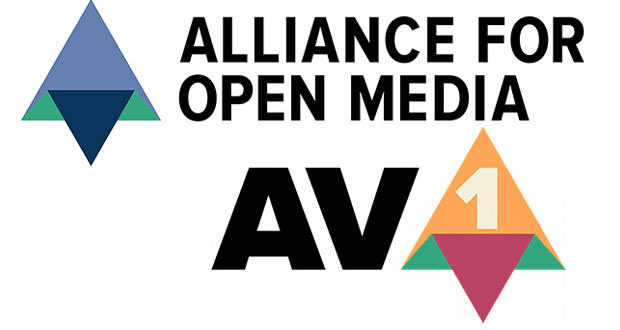Another tile for HEVC: Chrome and Firefox have announced official support for AV1
The new codec was created by the Alliance for Open Media, a non-profit organization that sees among its ranks the names of the likes of Amazon, Netflix, Google, Intel, Microsoft, Nvidia, AMD, Cisco, and ARM. Creation of a royalty-free video format: Google Chrome and Mozilla Firefox have announced official support for the open AV1 codec in the next versions of their browsers, which are already downloadable in beta.
We talked this morning about the codec HEVC about the scrapping of old TV for the switch off of MPEG2 starting from 2020 for the diffusion of TV content on the Italian territory, in order to free the frequencies of the 700MHz band and make room for services of mobile phone 5G.
As we said in the news, the Ministry of Economic Development has opted for a soft switch off, with passage to the MPEG4 codec on DVB-T standard, without instead of crossing the road, more than breaking with the past, of the whole passage to the DVB-standard. T2 with HEVC codec, which would open the door to a faster mass arrival of 4K content even over the air.
So bad news for royalty owners of the HEVC H.265 codec, which is not an open format, to which another is added, these days: Google Chrome and Mozilla Firefox have announced official support for the open codec AV1 in the next versions of their browsers, which are already downloadable in beta.
The new codec was created by the Alliance for Open Media, a non-profit organization that sees among its ranks the names of the likes of Amazon, Netflix, Google, Intel, Microsoft, Nvidia, AMD, Cisco, and ARM. Creation of a royalty-free video format. AOMedia Video 1 – in short AV1 – is a format that promises greater efficiency with the same quality (efficiency estimated at 30%) compared to HEVC or even higher quality.
An open and more efficient codec would seem like a godsend for all those distributing video in quantity, like Netflix and Amazon with its Prime video service, but the price to pay would be that of a much slower encoding. In addition, codecs with H.264 and H.265 royalty are widely supported at a hardware level by many chips and SoCs on the market, which is not true for the more recent and not yet widespread AV1.
True, as soon as Google and Mozilla release versions that support the new codec (Chrome 69 and Firefox 63), browser versions of service players such as Netflix and Amazon Prime Video could quickly move to the new format, freeing themselves from royalty costs.
As far as Chrome is concerned, support for the new codec will not be enabled by default, in order to use it, you will need to go to the settings and enable it, or type the following string in the address bar: chrome://flags/#enable-av1-decoder

